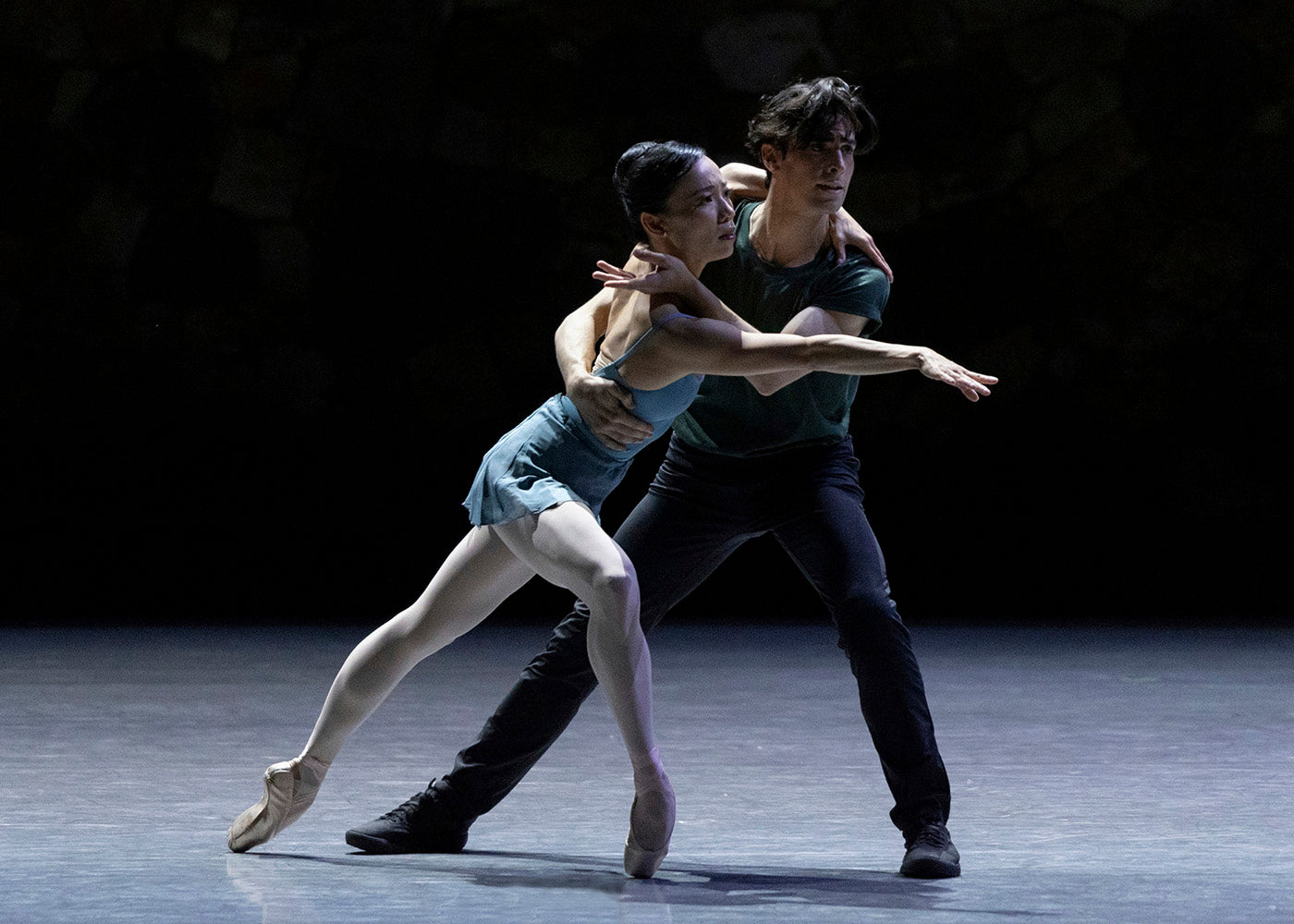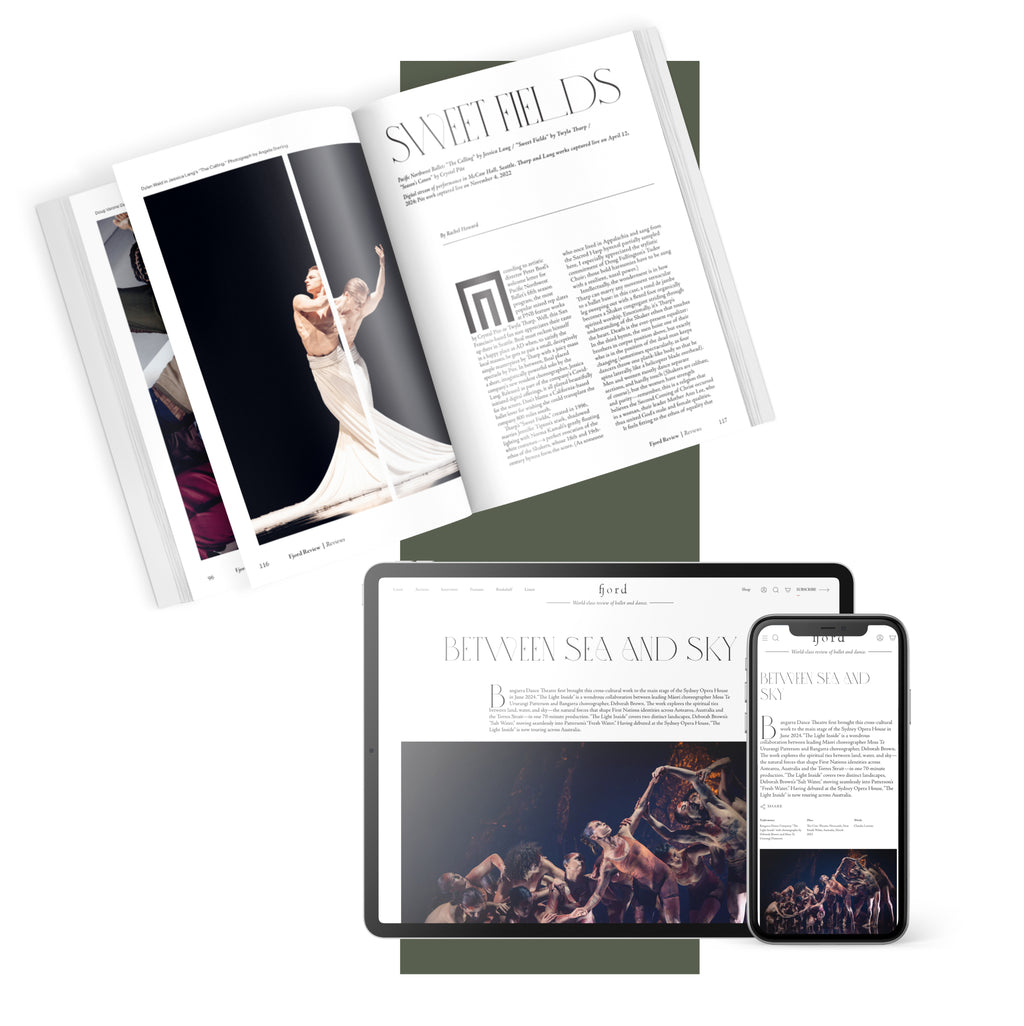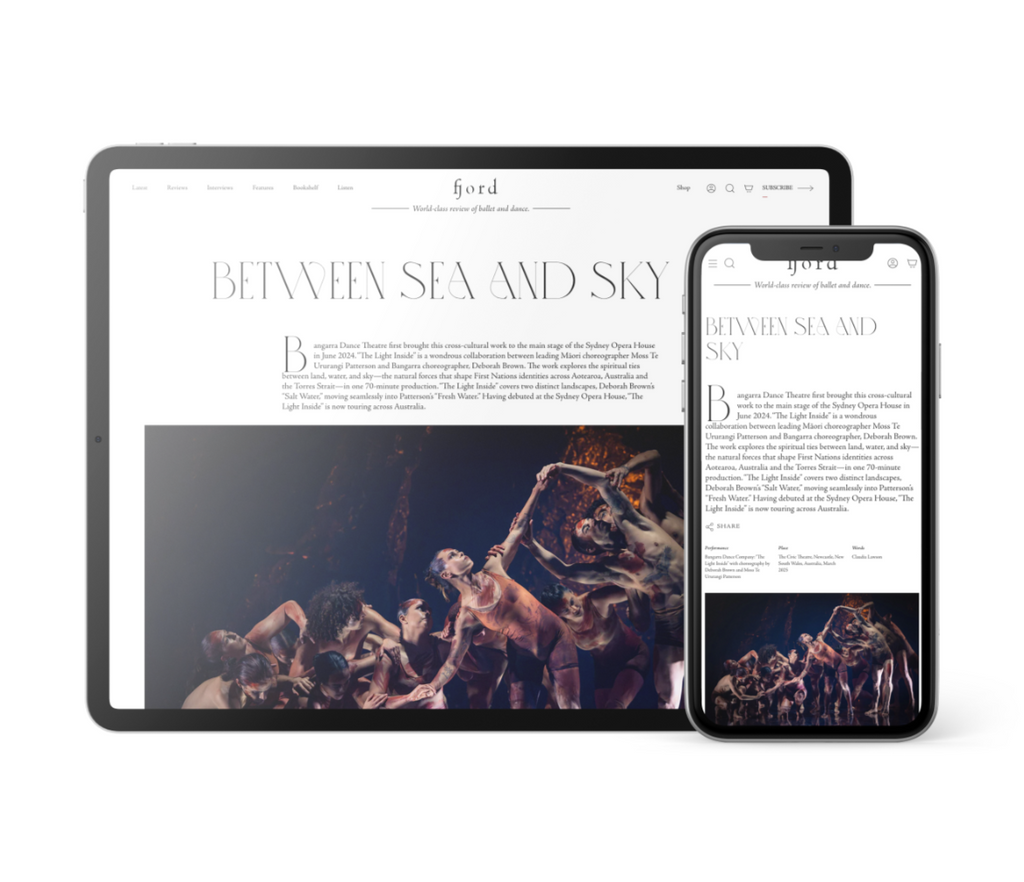A Dance for All
Company Grande, a new dance theater project from the Saitama Arts Foundation triumphed in their recent production, “The Rite of Spring.”
Plus
World-class review of ballet and dance.
Beneath blue California skies, manicured trees, and the occasional hum of an overhead airplane, Tamara Rojo took the Frost Amphitheater stage at Stanford University to introduce herself as the new artistic director of San Francisco Ballet. The meeting had future box office returns on the line. This was San Francisco Ballet’s third annual August presentation by Stanford Live, an engagement that is not just a back-to-school warm-up for the company, but also a way of convincing new South Bay and Silicon Valley fans to travel an hour north to San Francisco for the 2024 season come next January. Rojo is going to need these newcomers for programming that looks quite different from her predecessor Helgi Tomasson’s. She succeeded in offering plenty of whiz-bang spectacle to convert fresh balletomanes, despite a closer that seemed to leave many scratching their heads.
Performance
Place
Words



“Uncommonly intelligent, substantial coverage.”
Your weekly source for world-class dance reviews, interviews, articles, and more.
Already a paid subscriber? Login
Company Grande, a new dance theater project from the Saitama Arts Foundation triumphed in their recent production, “The Rite of Spring.”
PlusIn the second week of February, an ensemble of young and remarkably accomplished dancers presented a lovely and generously conceived programme just beyond the Paris city limits, at the Théâtre des Sablons in Neuilly-sur-Seine, as part of a tour spanning not only several French cities but also Spain, Germany, Switzerland and Malaysia. The evening unfolded as a carefully balanced succession of styles, allowing the dancers to reveal both technical assurance and interpretative maturity. Overall, the cohesion of the ensemble and the clarity of their stage presence matched those of an established professional company. Yet this was not, strictly speaking, the...
PlusWith their inimitable blend of contemporary movement and the no-holds barred athleticism of hip-hop and the meticulousness of martial arts, Compagnie Hervé Koubi creates a visual language unlike any other.
PlusOh to love and be loved, what a beautiful mess it is. Nobody captures the contradictions of passion quite like Pina Bausch, whose “Sweet Mambo” is cast in her signature silly-meets-sincere mould—another treat for us Bausch bods out here, less fetching perhaps if you’re not a fan of her highly mannered house style.
Plus
comments